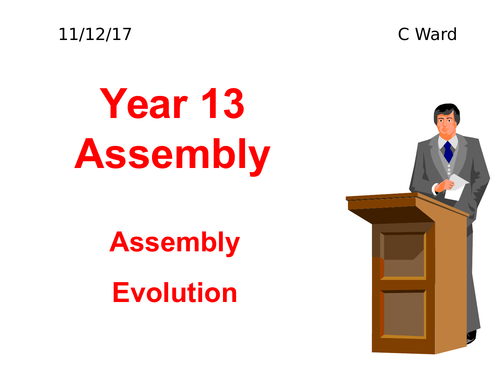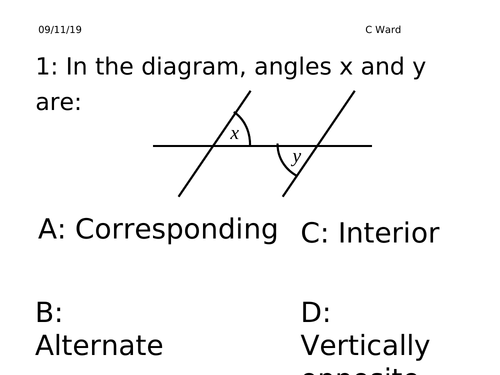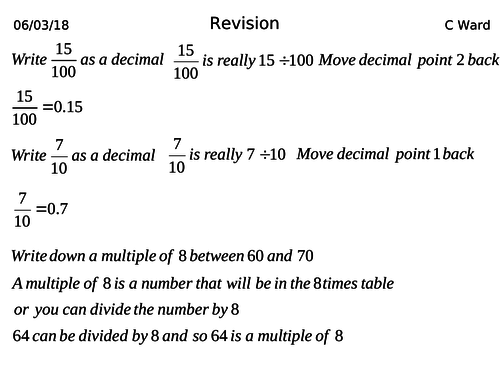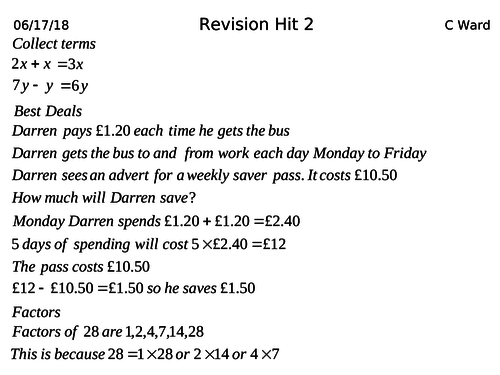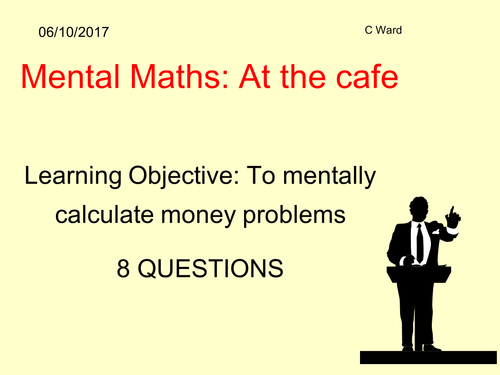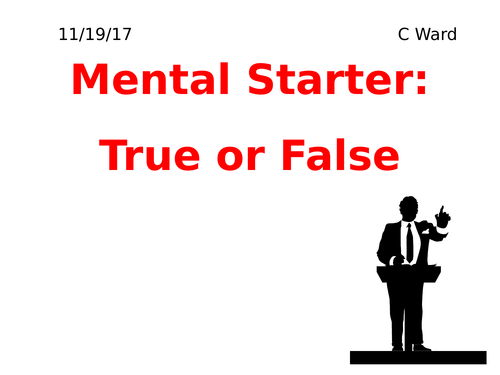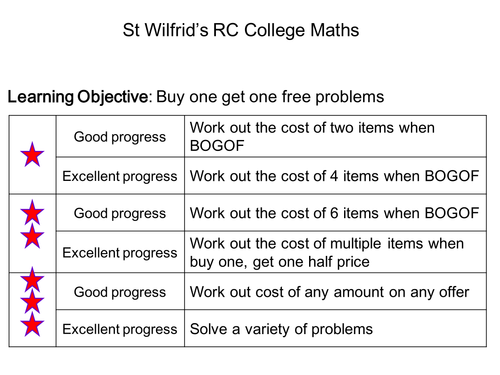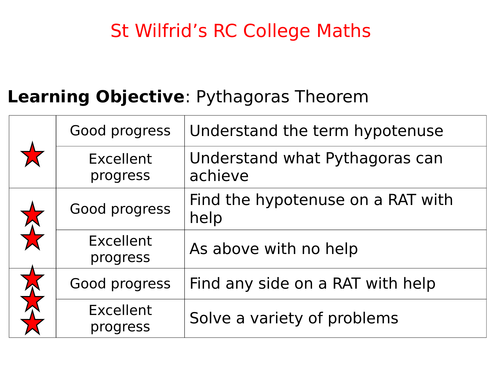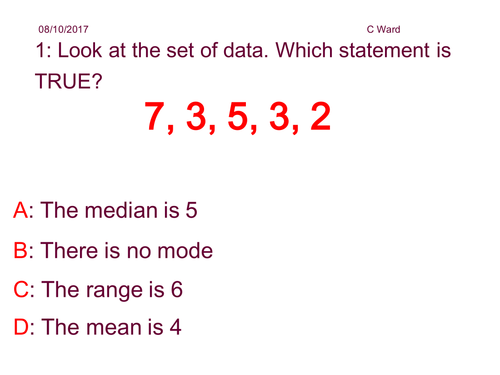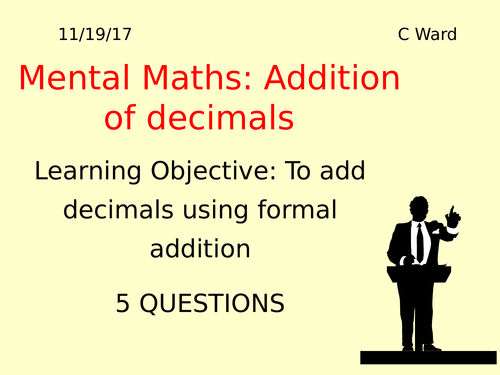Weltmeister7's Maths Shop
Foundation GCSE and Old/New A Level Maths Spec. Powerpoints and resources to help all students attain their best from an OFSTED rated outstanding teacher with 20 years experience. The lessons are traditional and the powerpoints will always match the fully differentiated resources exactly. Most foundation resources are write-on and so no issues with presentation. Hopefully you will find the resources useful...and affordable!


